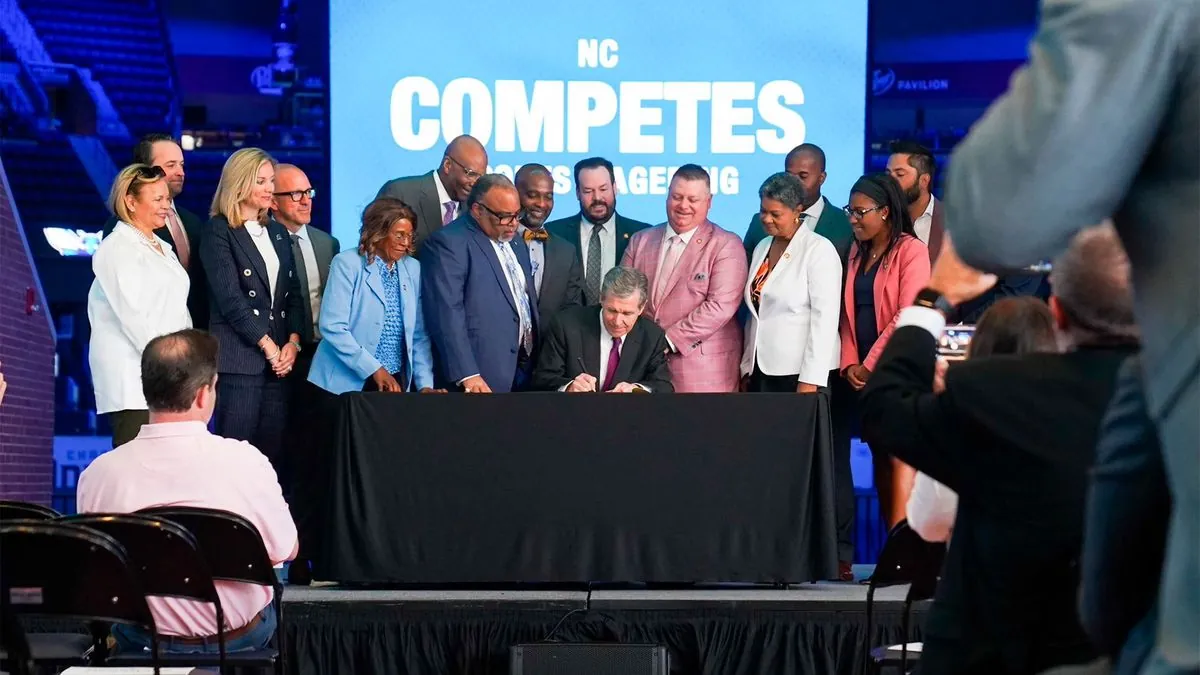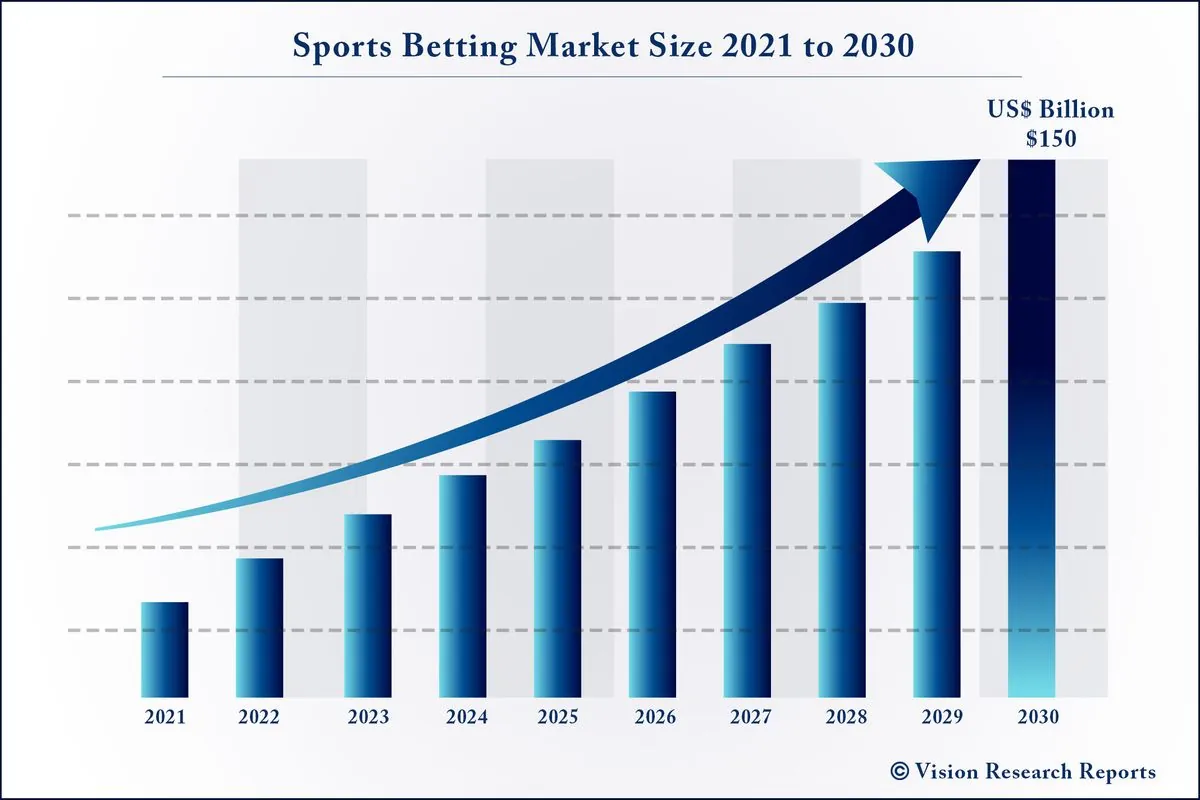Court Upholds Restrictions on Ex-DraftKings Exec's Work at Fanatics
Federal appeals court rejects former DraftKings executive's attempt to apply California law to non-compete dispute. Decision maintains work restrictions at rival Fanatics, highlighting state law differences.

In a significant legal development for the sports betting industry, a federal appeals court has upheld restrictions on a former DraftKings executive's work at rival company Fanatics. The decision, made by the 1st U.S. Circuit Court of Appeals on September 26, 2024, highlights the ongoing debate surrounding non-compete agreements and the complexities of interstate employment disputes.
The case centers around Michael Hermalyn, who resigned from his position as senior vice president of growth at DraftKings on February 1, 2024, just days before the Super Bowl. Hermalyn subsequently joined Fanatics, a company primarily known for sports merchandise that entered the sports betting market in 2023. This move prompted DraftKings to file a lawsuit, alleging violations of non-compete and non-solicitation agreements, as well as misappropriation of trade secrets.
The court's decision underscores the significant differences in state laws regarding non-compete agreements. While California, where Hermalyn now resides, generally prohibits such agreements under Labor Code Section 16600, Massachusetts, home to DraftKings, allows them for higher-level employees. This legal discrepancy formed the crux of Hermalyn's argument, as he sought to have California law applied to the dispute.
Senior U.S. Circuit Judge O. Rogeriee Thompson, writing for the three-judge panel, acknowledged the stark contrast between the two states' approaches. However, the court ultimately ruled that Hermalyn failed to demonstrate that California's interest in pursuing its policy was materially greater than that of Massachusetts.
The ruling upholds a preliminary injunction issued in April 2024 by U.S. District Judge Julia Kobick in Boston. This injunction significantly limits Hermalyn's work at Fanatics for a 12-month period starting from February 1, 2024. Specifically, it prohibits him from providing services related to aspects of DraftKings' business in which he was involved or for which he had received confidential information.
The case has drawn attention to the growing competition in the sports betting industry, which has experienced rapid expansion since the 2018 Supreme Court decision allowing states to legalize sports betting. The global sports betting market, valued at $76.75 billion in 2021, has become a hotbed for innovation and fierce competition among companies like DraftKings and Fanatics.

This legal battle also sheds light on the importance of VIP customers in the sports betting world. These high-value clients often receive special perks and higher betting limits, making them crucial to a company's success. Hermalyn's role in overseeing relationships with DraftKings' largest VIP customers likely contributed to the company's aggressive legal stance.
The court's decision takes into account evidence suggesting that Hermalyn may have transferred DraftKings documents to himself through unauthorized means and accessed some while staying at the Los Angeles home of Fanatics CEO Michael Rubin. This alleged behavior played a role in the court's decision to maintain the injunction.
While the federal appeals court has ruled in favor of DraftKings, the legal saga may not be over. Hermalyn has filed a separate lawsuit challenging the non-compete agreement in California, where a state court judge recently concluded that he was likely to prevail under California law. However, the judge declined to issue a preliminary injunction, citing the ongoing Massachusetts lawsuit.
As the sports betting industry continues to evolve and expand, cases like this highlight the complex legal landscape companies must navigate when it comes to employee mobility and protection of trade secrets. The outcome of this case may have far-reaching implications for how companies in the sector approach non-compete agreements and interstate employment issues in the future.


































